While often associated with Irish tradition due to its widespread popularity in Celtic cultures, “Auld Lang Syne” is actually a Scottish poem and song penned by Robert Burns. This poignant piece, meaning “old long syne” or “for the sake of old times,” is a reflection on friendship and the importance of cherishing past connections.
Despite its Scottish origins, the song’s universal themes of nostalgia and camaraderie have deeply resonated with the Irish people, making it a beloved part of their cultural heritage. Interestingly, it’s not typically considered a traditional Irish session tune, as these are often instrumental pieces with a specific rhythmic and melodic character. Nevertheless, the song’s emotional depth and familiarity have contributed to its enduring presence in Irish celebrations, particularly at New Year’s Eve.


Responses